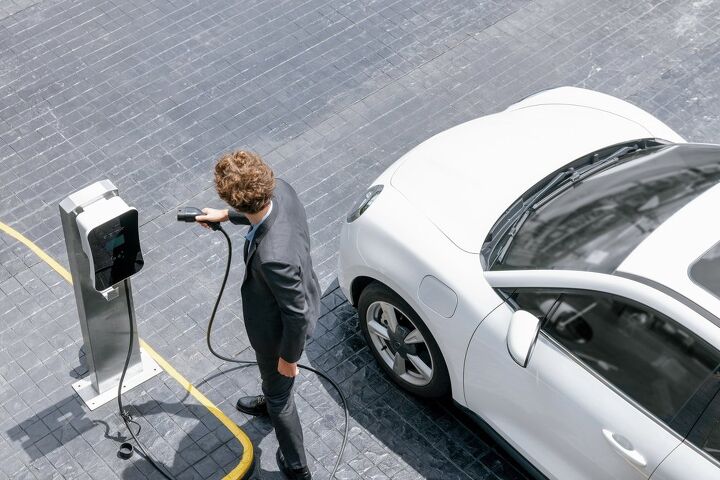Think Charging Your EV is Fast? This Wait Time Will Shock You
Recent research on electric vehicle (EV) charging reveals that the average duration of a charging session at non-Tesla fast chargers is approximately 42 minutes. This finding is based on a comprehensive study by Energetics, which analyzed over 2.4 million charging sessions spanning three years. The length of these charging sessions may be influenced by several factors, including the increasing preference for larger batteries, the performance of public DC fast chargers, and general awareness of fast charging techniques among EV drivers.
Tesla, a notable player in the EV market, offers a superior charging and mapping interface for its customers. This system not only directs Tesla drivers to the most convenient charging stations but also advises on the optimal duration of each charging session to minimize travel time. This approach generally results in Tesla drivers opting for shorter, more frequent charging sessions. When Tesla's charging data is included, the average charging time across all fast charging sessions drops to 31 minutes.
Optimal Charging Practices
Public fast chargers are primarily intended for use during long journeys, with most daily charging ideally conducted at home. Optimal charging speeds are achieved when an EV’s battery is pre-conditioned and charged between 20 percent and 80 percent capacity. Charging the initial and final 20 percent of the battery takes considerably longer, as this involves a more intricate process of integrating electrons into the battery. Understanding and managing these charging dynamics is crucial, especially since it is not always necessary to charge the battery to full capacity unless required for reaching the next destination or charging point.
The advent of modern EVs, capable of supporting higher charging speeds, coupled with the expansion of high-speed charging infrastructure, offers hope for reduced charging times in the future. As consumers become more familiar with EVs and learn efficient usage and charging practices, it is anticipated that the average duration of charging sessions will decrease.
This article was co-written using AI and was then heavily edited and optimized by our editorial team.
More by TTAC Staff
Latest Car Reviews
Read moreLatest Product Reviews
Read moreRecent Comments
- Buickman HI-LOW?
- Redapple2 175,000 miles? Wow. Another topic, Hot chicks drive Cabos at higher % than most other cars. I always look.
- Mister When the news came out, I started checking Autotrader and cars.com for stickshift Versas. There are already a handful showing at $15.3k. When anybody talks about buying a new Versa, folks always say that you're better off buying a nicer used car for the same money. But these days, $15.3k doesn't buy very many "nicer used cars".
- 28-Cars-Later A little pricy given mileage but probably not a horrible proposition for a Sunday car. The old saying is you're not buying a pre-owned car you're buying the previous owner, and this one has it hooked up to a float charger (the fact he even knows what one is, is a very good sign IMO). Leather and interior look decent, not sure which motor this runs but its probably common (for VAG at least). Body and paint look clean, manual trans, I see the appeal."but I think that's just a wire, not a cracked body panel." Tim, its a float charger. I am doing the exact same thing with the charger hanging via a magnetic hook on the HVAC overhead in my garage.
- Bd2 Nissan is at the bottom of the market while Hyundai and Kia are almost at the zenith summit.


































Comments
Join the conversation